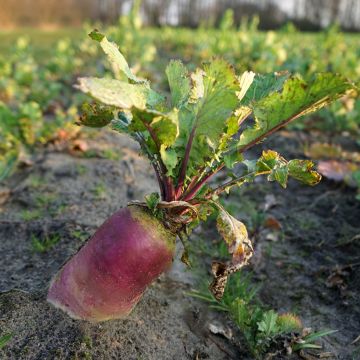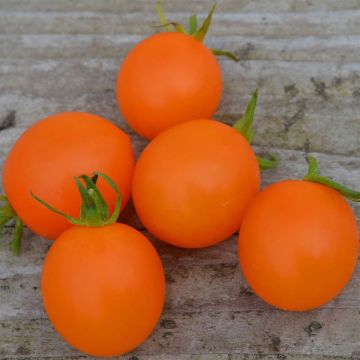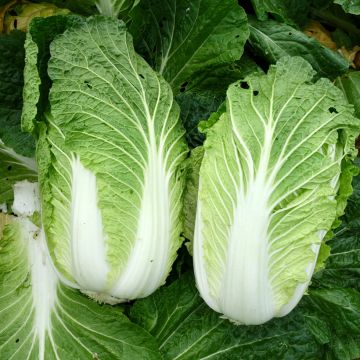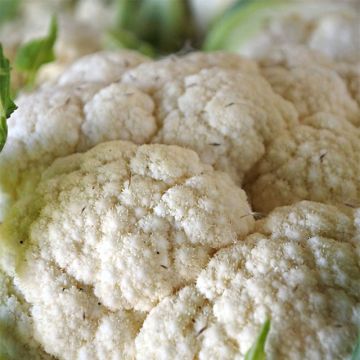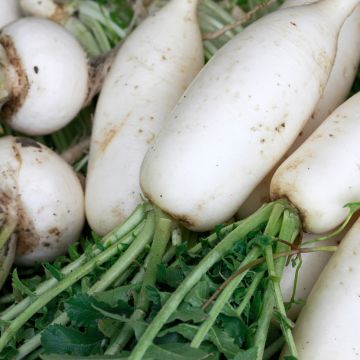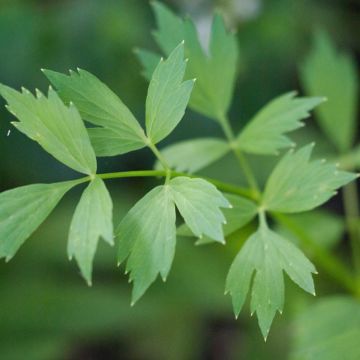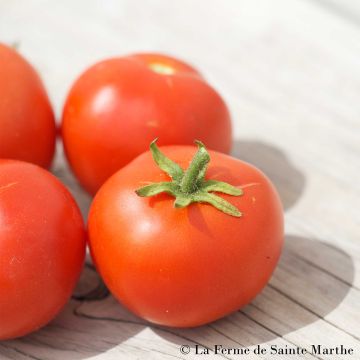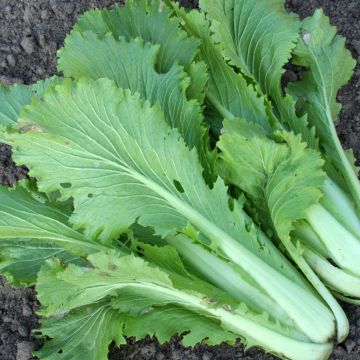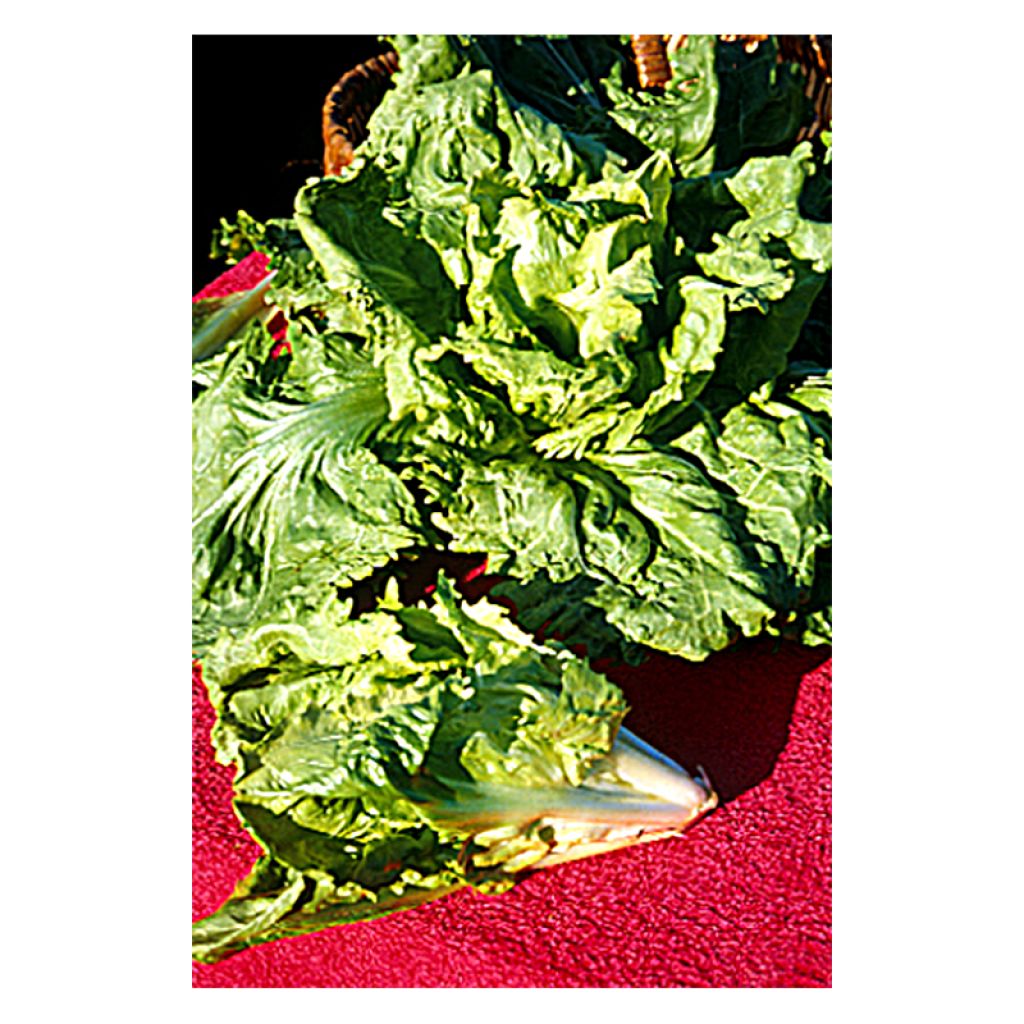

Escarole Cornet d'Anjou - Cichorium endivia var. latifolium
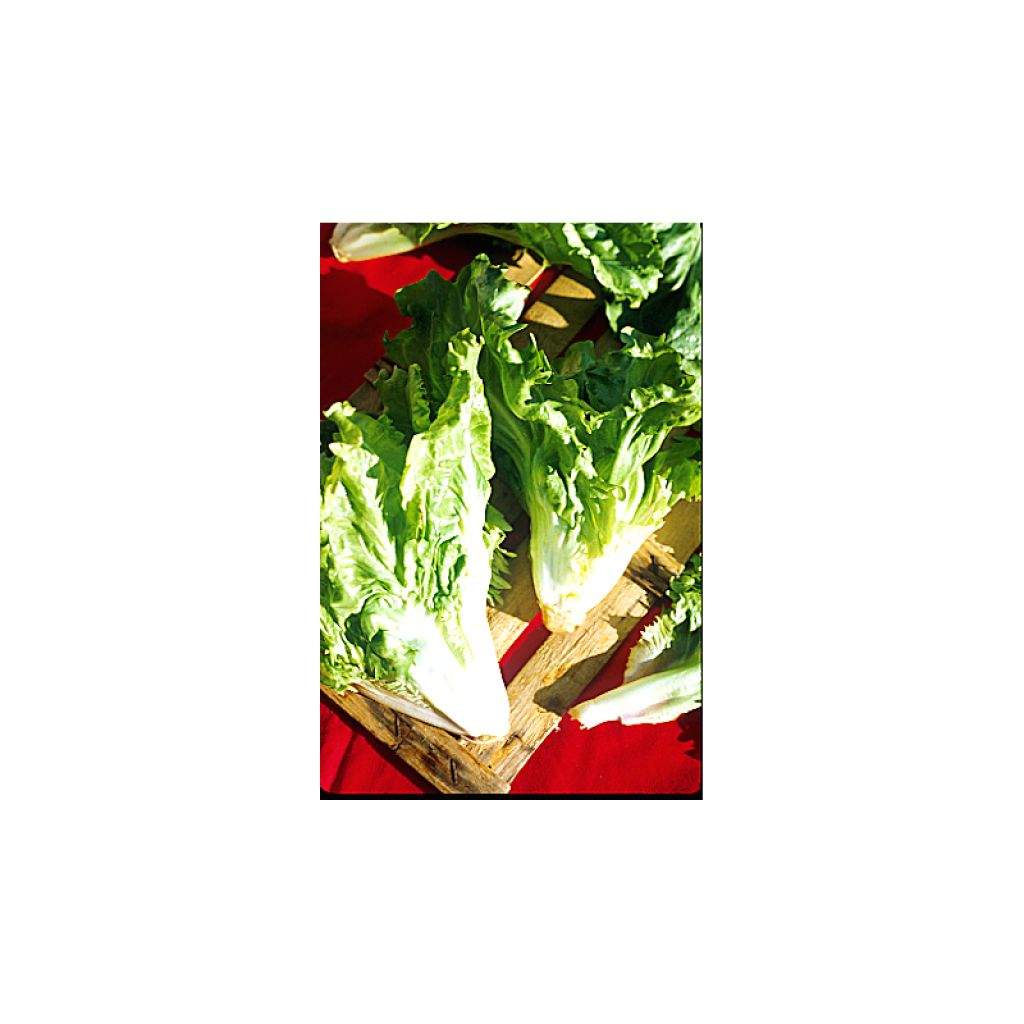

Escarole Cornet d'Anjou - Cichorium endivia var. latifolium
Escarole Cornet d'Anjou - Cichorium endivia var. latifolium
Cichorium endivia var. latifolium Cornet d'Anjou
Broad-leaved endive, Escarole
Special offer!
Receive a €20 voucher for any order over €90 (excluding delivery costs, credit notes, and plastic-free options)!
1- Add your favorite plants to your cart.
2- Once you have reached €90, confirm your order (you can even choose the delivery date!).
3- As soon as your order is shipped, you will receive an email containing your voucher code, valid for 3 months (90 days).
Your voucher is unique and can only be used once, for any order with a minimum value of €20, excluding delivery costs.
Can be combined with other current offers, non-divisible and non-refundable.
Home or relay delivery (depending on size and destination)
Schedule delivery date,
and select date in basket
This plant carries a 6 months recovery warranty
More information
We guarantee the quality of our plants for a full growing cycle, and will replace at our expense any plant that fails to recover under normal climatic and planting conditions.

Description
The Cornet d'Anjou Scarole Chicory is a biennial vegetable plant that grows up to 30 cm (12in) to 50 cm (20in). It is cultivated for its whole and crunchy leaves, forming a head of upright leaves with a well-filled heart that can be consumed raw in salads or cooked like spinach. Sowing is done from July to August for a harvest three months later.
The Scarole Chicory is a vegetable plant that belongs to the Asteraceae family. Its Latin name is Cichorium endivia latifolium, and it is also known as Broad-leaved Endive (although it is not a common endive), White Chicory, or Escarole. It is derived from wild chicory, which is naturally found in meadows and roadside edges.
Scarole Chicories have a rosette habit and fairly large, undulate green leaves. The heart is white with a slight yellow border. Some varieties need to be temporarily deprived of light to soften the heart and remove any potential bitterness, while others naturally whiten.
They are quite hardy but are slightly more sensitive to winter harshness compared to wild chicories. Therefore, it is advisable to provide protection, such as a forcing cover or tunnel, in particularly cold regions.
In the garden, they can be grown in any moderately rich soil, preferably moist but well-drained.
Scarole Chicory leaves are mainly consumed raw in salads, but can also be cooked in juice, gratin, cream, braised, or with béchamel sauce.
All Chicories have tonic, purifying, and mildly laxative properties.
Harvest: Chicories are harvested as needed and as they grow.
Storage: They can be stored for a few days in a cool place after harvest.
Gardener's tip: Regular hoeing and weeding are recommended, and mulching is advised in case of drought.
Report an error about the product description
Harvest
Plant habit
Foliage
Botanical data
Cichorium
endivia var. latifolium
Cornet d'Anjou
Asteraceae
Broad-leaved endive, Escarole
Cultivar or hybrid
Biennial
Planting and care
Sowing
from July to August
The seeds are placed in a flat furrow that is 5 cm (2in) wide and 2 cm (1in) deep. It is advisable to sow thinly and cover the seeds with a little fine soil (half a centimetre). The rows are then lightly firmed with the back of a rake. Germination takes about 8 days. The rows should be spaced 30 cm (12in) apart. The young plants will then be thinned out every 30 cm (12in) along the row, or they can also be transplanted elsewhere in the vegetable garden when they have 7 or 8 leaves.
Maintenance
To prevent diseases that attack chicories such as powdery mildew or rust, it is important to regularly hoe and weed, and to practice a good crop rotation every 3 to 4 years. Watering should be plentiful and frequent. A blanket bog (mulch) is beneficial.
Endives are less resistant to frost than wild chicories, so it is best to protect them with a cover or a tunnel during winter.
Seedlings
Care
Intended location
This item has not been reviewed yet - be the first to leave a review about it.
Similar products
Haven't found what you were looking for?
Hardiness is the lowest winter temperature a plant can endure without suffering serious damage or even dying. However, hardiness is affected by location (a sheltered area, such as a patio), protection (winter cover) and soil type (hardiness is improved by well-drained soil).

Photo Sharing Terms & Conditions
In order to encourage gardeners to interact and share their experiences, Promesse de fleurs offers various media enabling content to be uploaded onto its Site - in particular via the ‘Photo sharing’ module.
The User agrees to refrain from:
- Posting any content that is illegal, prejudicial, insulting, racist, inciteful to hatred, revisionist, contrary to public decency, that infringes on privacy or on the privacy rights of third parties, in particular the publicity rights of persons and goods, intellectual property rights, or the right to privacy.
- Submitting content on behalf of a third party;
- Impersonate the identity of a third party and/or publish any personal information about a third party;
In general, the User undertakes to refrain from any unethical behaviour.
All Content (in particular text, comments, files, images, photos, videos, creative works, etc.), which may be subject to property or intellectual property rights, image or other private rights, shall remain the property of the User, subject to the limited rights granted by the terms of the licence granted by Promesse de fleurs as stated below. Users are at liberty to publish or not to publish such Content on the Site, notably via the ‘Photo Sharing’ facility, and accept that this Content shall be made public and freely accessible, notably on the Internet.
Users further acknowledge, undertake to have ,and guarantee that they hold all necessary rights and permissions to publish such material on the Site, in particular with regard to the legislation in force pertaining to any privacy, property, intellectual property, image, or contractual rights, or rights of any other nature. By publishing such Content on the Site, Users acknowledge accepting full liability as publishers of the Content within the meaning of the law, and grant Promesse de fleurs, free of charge, an inclusive, worldwide licence for the said Content for the entire duration of its publication, including all reproduction, representation, up/downloading, displaying, performing, transmission, and storage rights.
Users also grant permission for their name to be linked to the Content and accept that this link may not always be made available.
By engaging in posting material, Users consent to their Content becoming automatically accessible on the Internet, in particular on other sites and/or blogs and/or web pages of the Promesse de fleurs site, including in particular social pages and the Promesse de fleurs catalogue.
Users may secure the removal of entrusted content free of charge by issuing a simple request via our contact form.
The flowering period indicated on our website applies to countries and regions located in USDA zone 8 (France, the United Kingdom, Ireland, the Netherlands, etc.)
It will vary according to where you live:
- In zones 9 to 10 (Italy, Spain, Greece, etc.), flowering will occur about 2 to 4 weeks earlier.
- In zones 6 to 7 (Germany, Poland, Slovenia, and lower mountainous regions), flowering will be delayed by 2 to 3 weeks.
- In zone 5 (Central Europe, Scandinavia), blooming will be delayed by 3 to 5 weeks.
In temperate climates, pruning of spring-flowering shrubs (forsythia, spireas, etc.) should be done just after flowering.
Pruning of summer-flowering shrubs (Indian Lilac, Perovskia, etc.) can be done in winter or spring.
In cold regions as well as with frost-sensitive plants, avoid pruning too early when severe frosts may still occur.
The planting period indicated on our website applies to countries and regions located in USDA zone 8 (France, United Kingdom, Ireland, Netherlands).
It will vary according to where you live:
- In Mediterranean zones (Marseille, Madrid, Milan, etc.), autumn and winter are the best planting periods.
- In continental zones (Strasbourg, Munich, Vienna, etc.), delay planting by 2 to 3 weeks in spring and bring it forward by 2 to 4 weeks in autumn.
- In mountainous regions (the Alps, Pyrenees, Carpathians, etc.), it is best to plant in late spring (May-June) or late summer (August-September).
The harvesting period indicated on our website applies to countries and regions in USDA zone 8 (France, England, Ireland, the Netherlands).
In colder areas (Scandinavia, Poland, Austria...) fruit and vegetable harvests are likely to be delayed by 3-4 weeks.
In warmer areas (Italy, Spain, Greece, etc.), harvesting will probably take place earlier, depending on weather conditions.
The sowing periods indicated on our website apply to countries and regions within USDA Zone 8 (France, UK, Ireland, Netherlands).
In colder areas (Scandinavia, Poland, Austria...), delay any outdoor sowing by 3-4 weeks, or sow under glass.
In warmer climes (Italy, Spain, Greece, etc.), bring outdoor sowing forward by a few weeks.
































